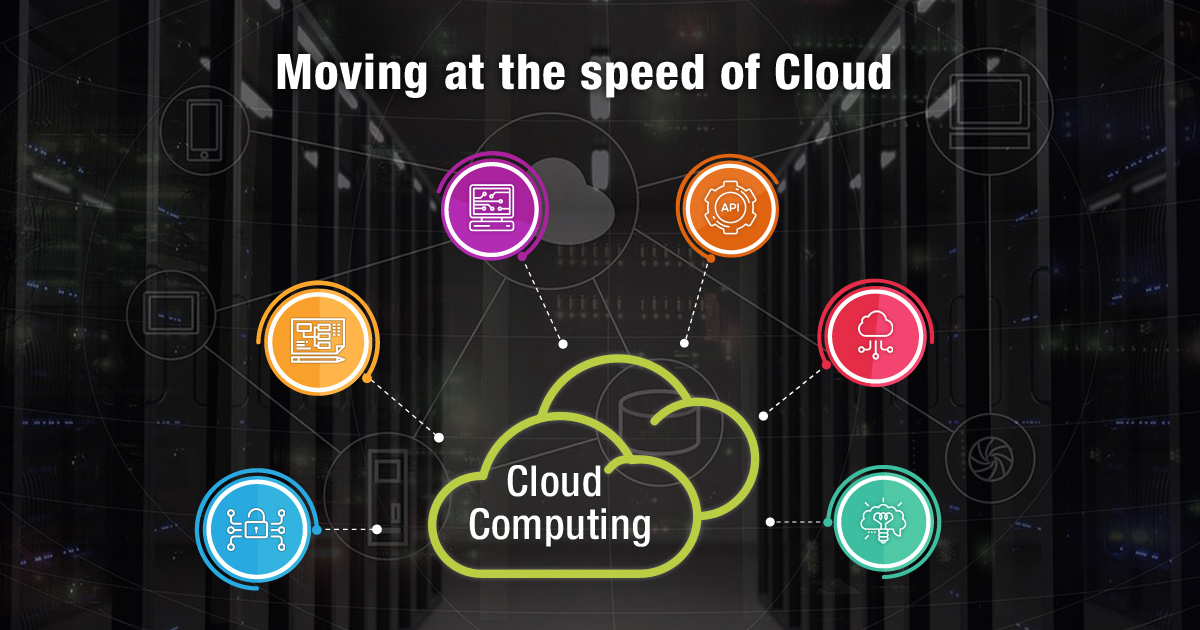Running your own server is as obsolete as using a fax machine.
That’s because, with cloud computing, companies can plug right into an on demand, pay-as-you-go source of computing power, rather than manually manage those complex processes. This easy, seamless access to computing power essentially eliminates the need for bulky local servers, as well as the huge investments that come along with them.

The Generator
The inherent problems with local desktop computing are due to its physical limitations, much like the shortcomings of an electrical generator. With a set amount of power output, there is always a disparity between how much power is being generated and how much power you actually use. At normal or low usage times, local servers can cause excessive waste, while at peak times, they cannot handle the workload.
Due to these computational limitations and delays, running your business on your own server, rather than the cloud, is similar to running your business on a generator, rather than plugging right into the electrical grid.
The Grid
Like the electrical grid, cloud computing brings the power your business needs when it needs it. By connecting to cloud, your business can:
- Harness computational power on demand
- Pay only for the power it uses
- Experience optimal performance at all times
- Securely and remotely maintain data
The Complexity
Cloud computing gives access to the computing power you need when you need it, but it can be difficult to ensure company systems are built strong and ready for the move to cloud. A system’s architecture must be flawless to be scalable and long-lasting, while migration to the cloud must be done carefully to ensure no loss of data.
To seamlessly migrate your systems to cloud, there are many aspects, both internal and external, to consider. Some key factors to consider when moving to cloud are:
- Architecture, which must be carefully designed with long-term use and scalability of your unique business in mind.
- Existing systems, and how they will fit into a new, cloud-based system
- APIs, which specify how virtual components are configured interconnected
- Adaptive computing, or how the system will adapt to unpredictable changes while keeping complex processes hidden under the hood
How does AllianceTek make moving to the cloud easy?
AllianceTek follows a refined development approach which is focused on producing long-term solutions for clients. In our experience, moving to the cloud has provided businesses with powerful computational abilities and cost savings that position them in a spot for long-term success.
Whether you need assistance or advice moving to cloud, or whether your need our team to take complete responsibility for your project, from requirement gathering to migration and deployment, AllianceTek can help you take advantage of these emerging technologies.
Call us at 484-892-5713 or Contact Us today to learn more about the benefits of cloud, and how we can help migrate your unique system to a more long-term, reliable server.


